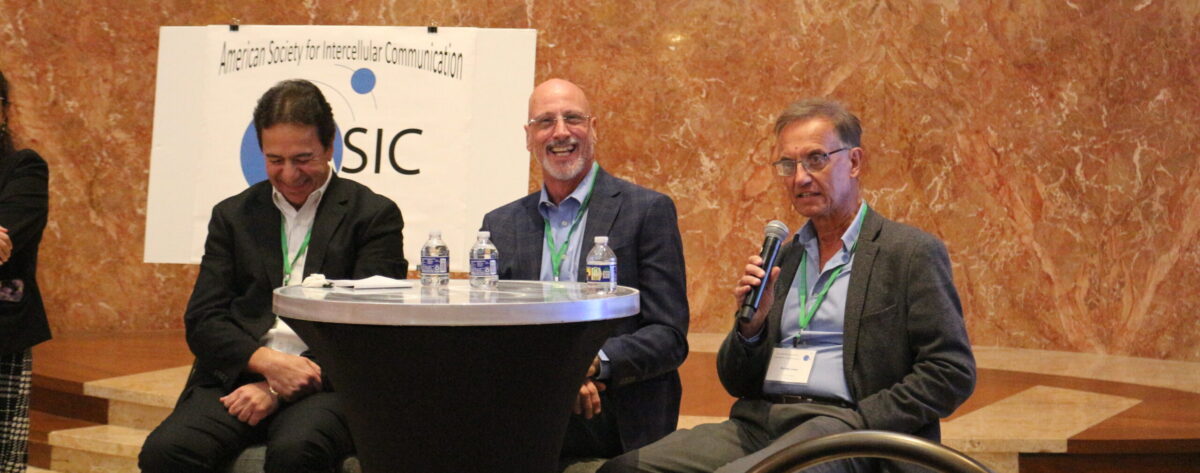We’re Talking About Intercellular Communication
Established in January 2021, ASIC (American Society for Intercellular Communication) provides a variety of initiatives and a platform for research that explores a variety of emerging mediators and pathways of intercellular communication (IC). We go beyond the scope of existing societies, provide ways to accelerate research, and offer an intellectual home for this evolving field.
ASIC’s major initiatives include:
- An annual meeting that brings together researchers and stakeholders including the NIH, ATCC, NIST, and FDA to solve practical challenges in the field.
- A strong Diversity and Inclusion ASIC Committee (DIAC) whose members are experienced in training and mentoring women and minority trainees to become independent investigators.
- A space where researchers from diverse basic science and clinical fields can discuss the impact of EV/EP/ExRNA in diagnostics and treatments.
Meet the ASIC Founders
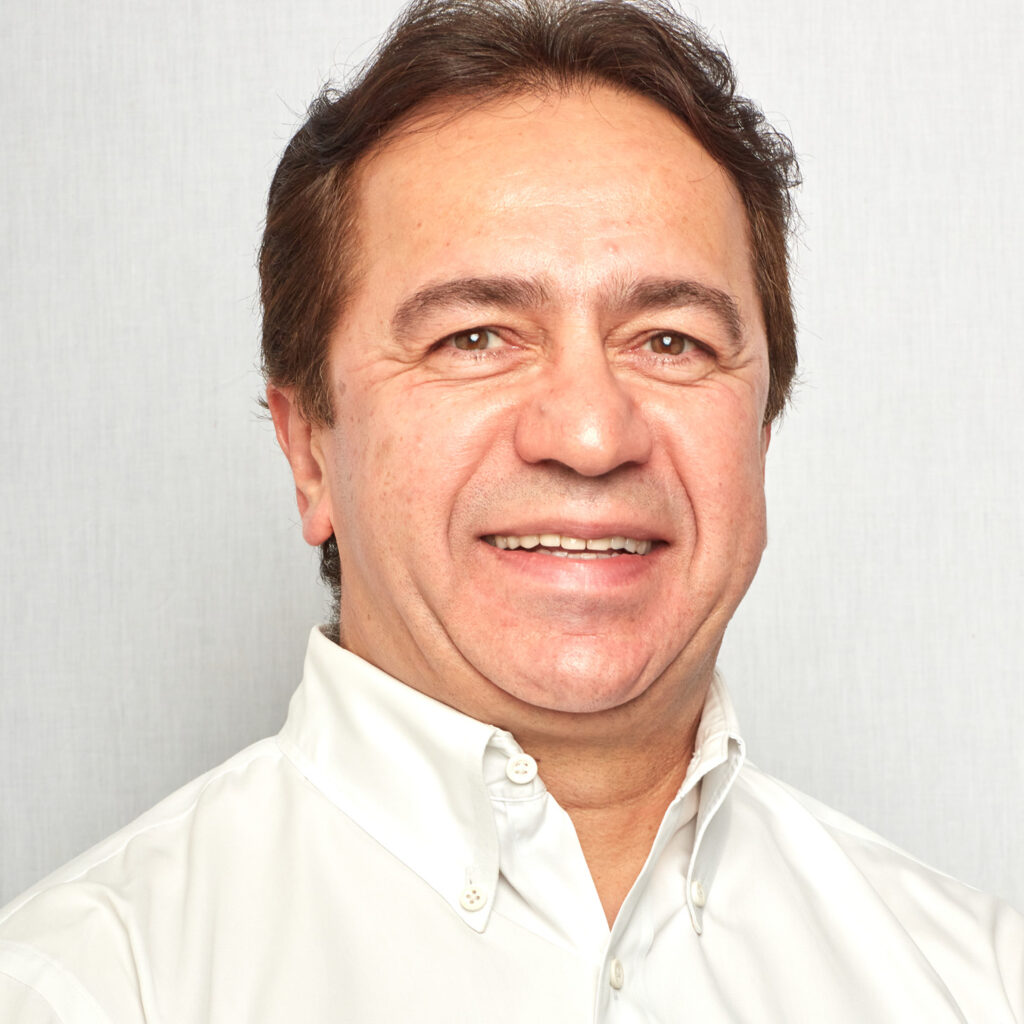
Fatah Kashanchi, PhD Professor of Virology
Director, Laboratory of Molecular Virology
George Mason University (GMU)
PhD, 1991, Microbiology
University of Kansas
Dr. Kashanchi received his Ph.D. in 1990 under the supervision of Dr. Charles Wood who also worked with the Nobel Laureate, Dr. Susumu Tonegawa at MIT. He then moved to the National Cancer Institute and continued his work on RNA viral infections where he collaborated with the late John Brady on HIV and HTLV biology. For the past eighteen years, the Kashanchi lab has been interested in understanding the mechanism of viral gene expression in human viruses and how the virus and the host control the dynamics of fundamental machineries needed for viral replication and/or host survival. His lab also has experience with biochemical pathways that leads to transcription and chromatin remolding, including epigenetics using reconstituted machineries. The Kashanchi lab has published extensively in many peer-reviewed journals (more than 250 papers; h-index 76). In recent years, the lab has focused on Extracellular Vesicles (i.e., exosomes) mainly from latent virally infected cells as well as EVs from stem cells used for repair and delivery of gene editing and RNA silencing complexes into T-cells and myeloid infected cells
Dr. Kashanchi has obtained NIH and institutional funding for his research since his departure from NIH/NCI in 2000. He has also served on more than 110 NIH and related panels reviewing R, K, U and P proposal.
Research Interests: Human retroviruses; Biodefense viral agents; Cell cycle; Host-pathogen interactions; Small molecule and peptide inhibitors against transcription machinery; RNAi machinery and its components; Proteomics and metabolomics; Humanized mouse models; Extracellular vesicles including exosome
Check out these three publications from Dr. Kasanchi’s research:
- Retroviral Infection of Human Neurospheres and Use of Stem Cell EVs to Repair Cellular Damage
- Extracellular Vesicles From Htlv-1 Infected Cells Modulate Target Cells and Viral Spread
- Ebola Virus VP40 Modulates Cell Cycle and Biogenesis of Extracellular Vesicles
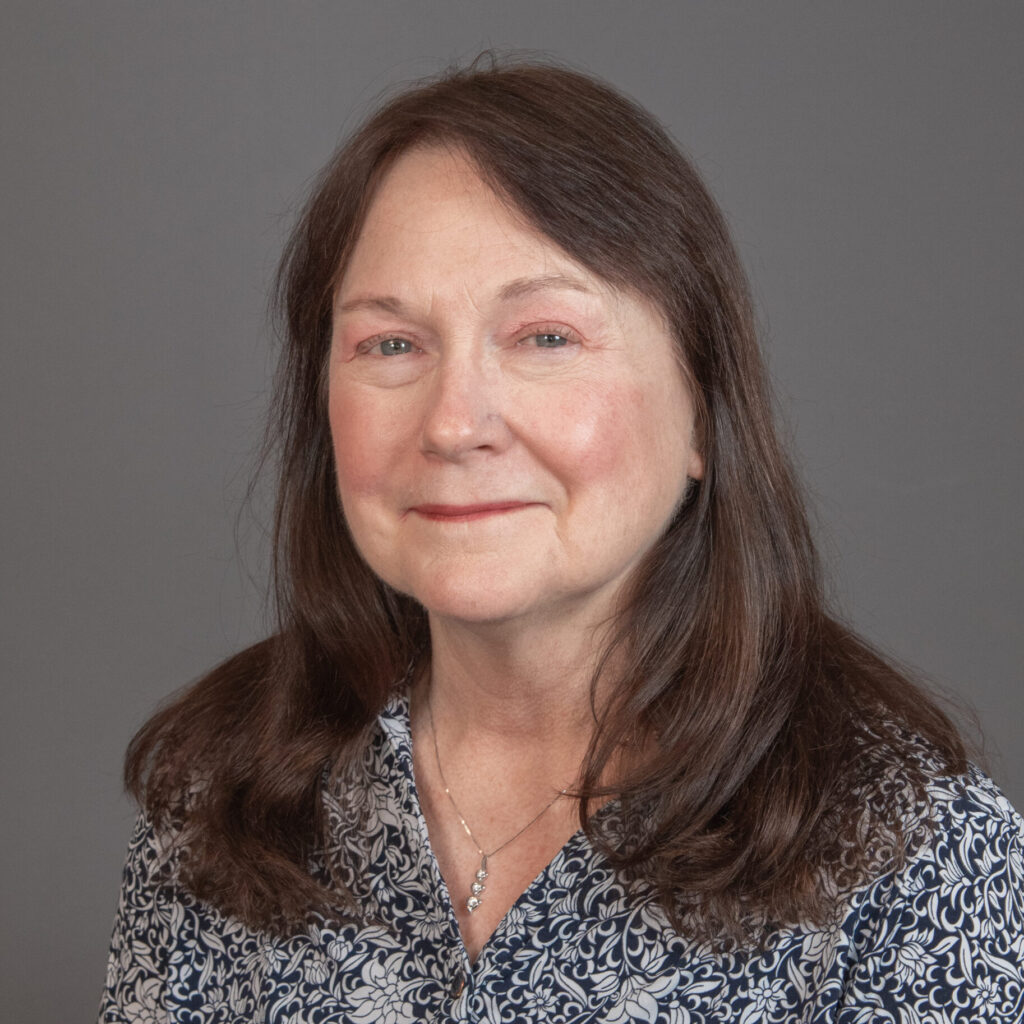
Julie Saugstad, PhD
Professor, Department of Anesthesiology & Perioperative Medicine Research Division
Affiliate Faculty, Department of Molecular & Medical Genetics
Oregon Health & Sciences University
PhD, 1991, Biochemistry & Molecular Biology
University of Oklahoma Health Sciences Center
Dr. Saugstad did her Postdoctoral Fellowship at the Vollum Institute at OHSU then joined Emory University’s Department of Pharmacology as a Research Assistant Professor. In 2000, she joined the Legacy Research Institute and in 2012 returned to OHSU as an Associate Professor.
Her lab has identified EV sex differences and their cargo, which may underlie the predisposition of Alzheimer’s disease (AD) in females vs. males. Further, her microRNA studies have examined the potential of cerebrospinal fluid (CSF) microRNAs as biomarkers of AD risk following traumatic brain injury. Her current research is funded by the NIH.
Research Interests: Cellular and molecular mechanisms of signaling in the brain; Role of microRNAs in CSF and plasma as AD biomarkers; Contribution of EVs and their cargo as mediators of intercellular communication and their potential role in altered signaling in dementia
Check out these three publications from Dr. Saugstad’s research:
- Differential Effects of APOE Genotype on MicroRNA Cargo of Cerebrospinal Fluid Extracellular Vesicles in Females With Alzheimer’s Disease Compared to Males
- Methamphetamine Use Alters Human Plasma Extracellular Vesicles and Their microRNA Cargo: An Exploratory Study
- Ischemic Preconditioning Regulates Expression of microRNAs and a Predicted Target, MeCP2, in Mouse Cortex
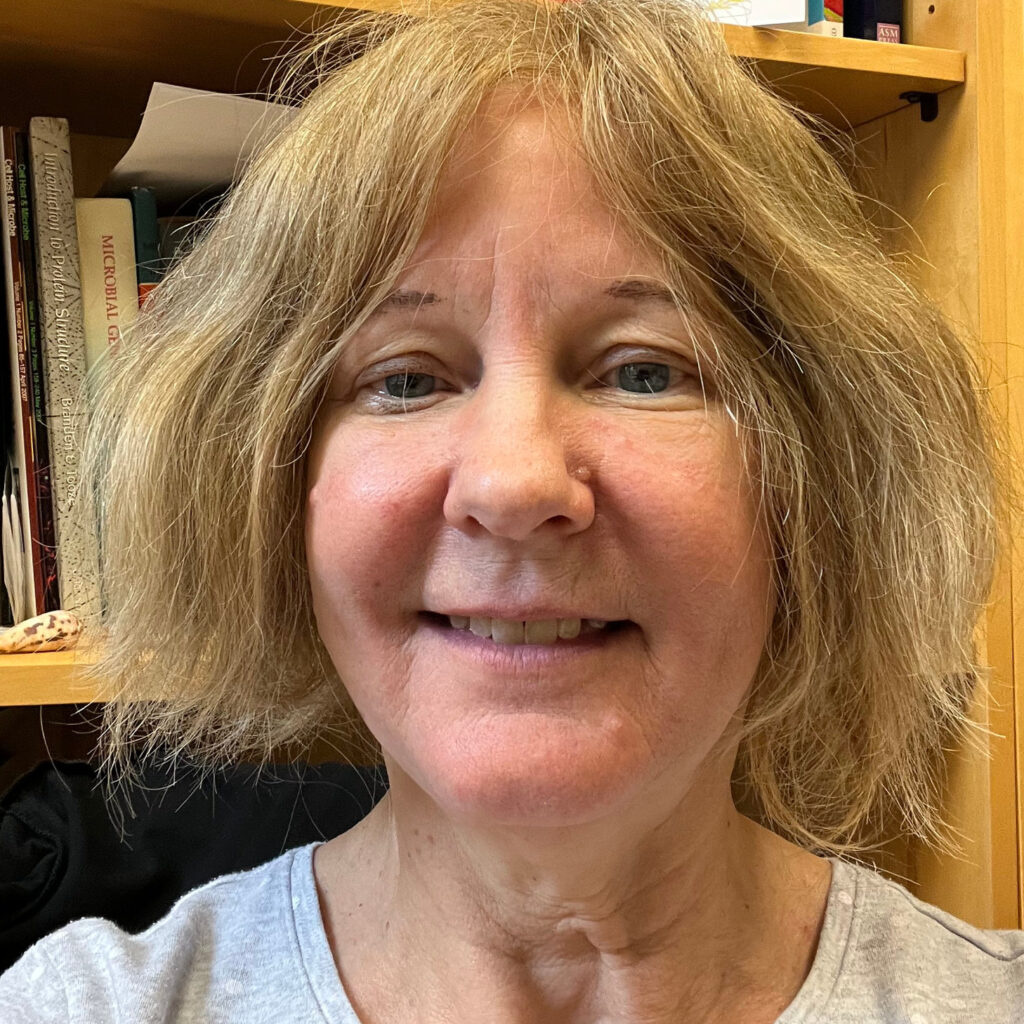
Meta Kuehn, PhD
Associate Professor, Biochemistry
Duke University
PhD, 1993, Molecular Microbiology and Pathogenesis
Washington University, St. Louis
Dr. Kuehn completed her doctorate training under Dr. Scott Hultgren, investigating the molecular basis for chaperone-mediated P pilus assembly, and structure in uropathogenic E. coli. From 1994-97, she was a Damon Runyon-Walter Winchell and HHMI-funded postdoctoral researcher in the UC Berkeley lab of Nobel Laureate, Dr. Randy Schekman, where she investigated protein cargo incorporation by the COPII-mediated endoplasmic reticulum secretory vesicle pathway in S. cerevisiae.
In 1997, Dr. Kuehn received the Burroughs Wellcome Career Award and began her faculty position at Duke University’s Department of Biochemistry, with a secondary appointment in the Department of Molecular Genetics and Microbiology. She was named a Burroughs Wellcome Investigator in 2002 for her research on the Pathogenesis of Infectious Diseases.
Dr. Kuehn has been the Director of Graduate Studies for Duke’s Cell and Molecular Biology Program and the Biochemistry Department. During her tenure, she has also been one of three co-coordinators for the Duke Summer Research Opportunities Program, where she promotes the inclusion and training of underrepresented minorities in graduate research.
Research Interests: Biogenesis, composition, and function of bacterial membrane vesicles (MVs) in disease and inflammation; Mechanism of cargo inclusion into bacterial MVs; Measuring how bacterial MV-carried mediators impact bacterial biofilms; Surface-to-surface relationships of bacterial MVs in the environment
Check out these three publications from Dr. Kuehn’s research:
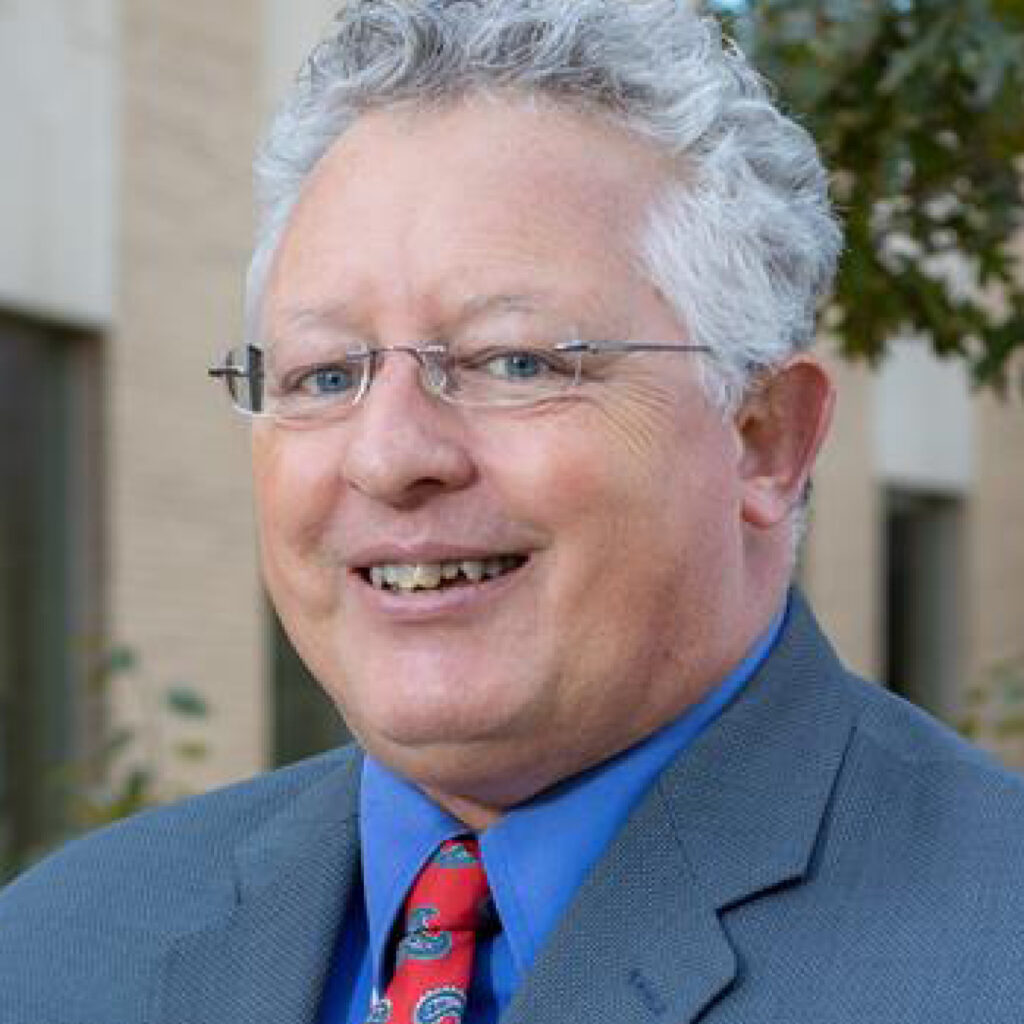
Michael Graner, PhD
Research Professor, Neurosurgery, University of Colorado School of Medicine
PhD, 1993, Biochemistry
University of Illinois at Urbana-Champaign
Dr. Graner did his post-doctoral and research faculty work at the University of Arizona, shifting his focus from the Drosophila extracellular matrix to cancer immunotherapy. His first faculty position was at Duke University’s Tisch Brain Tumor Center followed by his current position as Professor in Neurosurgery at the University of Colorado, Denver (Anschutz Medical Campus). Dr. Graner is also a member of the University of Colorado Cancer Center, the Colorado Clinical and Translational Sciences Institute, and the MAVRC Program and holds a Visiting Professorship Appointment at the Shenzhen Third People’s Hospital (China) and an adjunct faculty appointment at Colorado State University.
Dr. Graner has a long-standing interest in cell stress responses which led him to cancer vaccine development (including one in clinical trials), and eventually to studying EVs.
Research Interests: Tumor/host immune responses in immune suppression and immunotherapy development; Extracellular vesicles in neurologic diseases; Canine cancer vaccine development
Check out these three publications from Dr. Graner’s research:
- Roles of Extracellular Vesicles in High-Grade Gliomas: Tiny Particles with Outsized Influence
- Glioblastoma Multiforme-Derived Extracellular Vesicles Drive Normal Astrocytes Towards a Tumour-Enhancing Phenotype
- Rapid Activation of Neuroinflammation in Stroke: Plasma and Extracellular Vesicles Obtained on a Mobile Stroke Unit
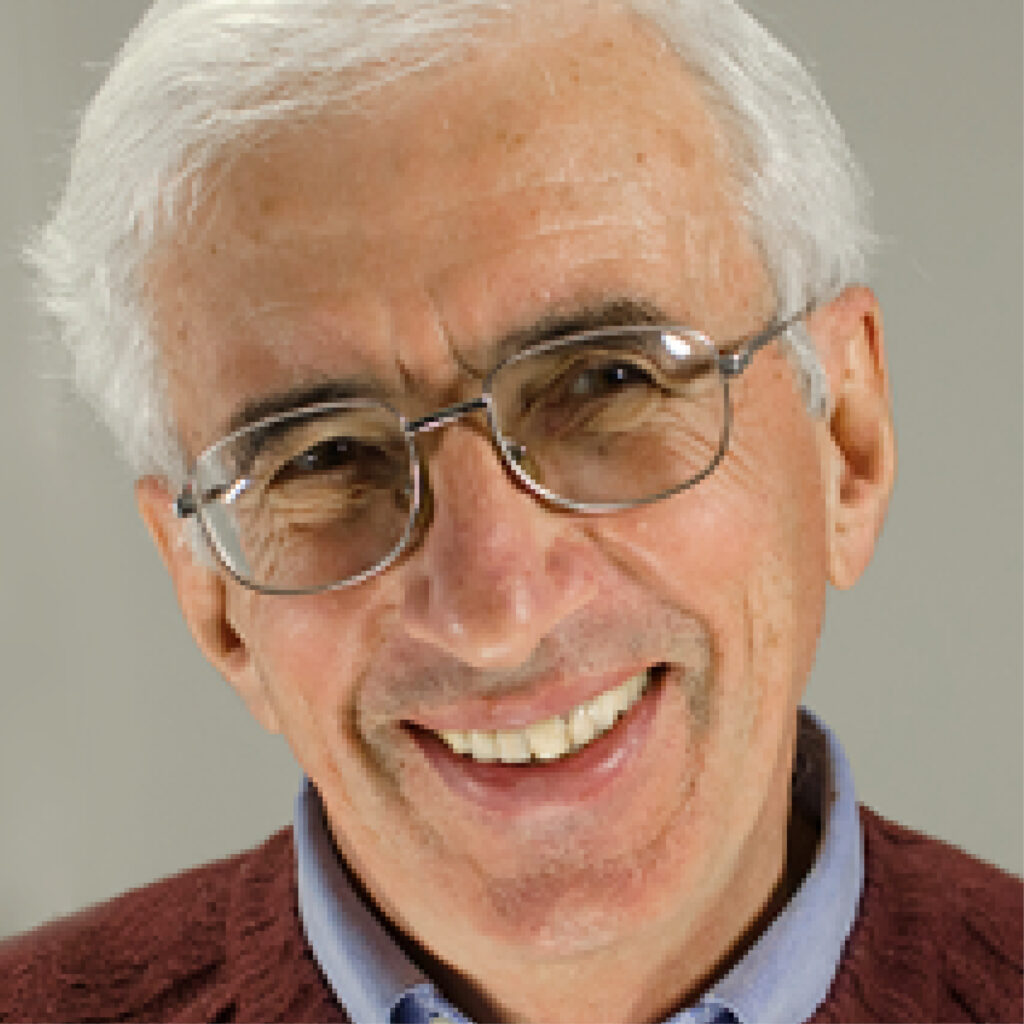
Leonid Margolis, PhD
Head, Section on Intercellular Interactions, National Institutes of Health, National Institute of Child Health and Human Development (NICHD)
PhD, 1974, Oncology
Dr. Sci, 1985, Biophysics & Cell Biology
Moscow State University, Russia
Dr. Margolis studies inter-viral interactions in human tissues, HIV-1 and herpes virus transmissions, and the role of EVs in these processes. After the fall of the Soviet Union, he became a visiting Professor at the University of California (San Diego); the University of Stuttgart; Kings College, London; and Johns Hopkins University. He also served as an International Professor for the American Society of Microbiology.
Dr. Margolis was selected as a prestigious NIH Fogarty Scholar-in-Residence and later joined the NICHD, where he is now Chief of the Section on Intercellular Interactions and serves on numerous committees, advisory boards, and editorial boards.
Research Interests: Role of EVs in various viral pathologies including ones triggered by vHIV, CMV, and SARS-CoV-2 in the context of cardiovascular pathologies and complicated pregnancies
Check out these three publications from Dr. Margolis’s research:
- Extracellular Vesicles and Viruses: Are They Close Relatives?
- A System of Cytokines Encapsulated in ExtraCellular Vesicles
- Extracellular Vesicles Carry HIV Env and Facilitate Hiv Infection of Human Lymphoid Tissue
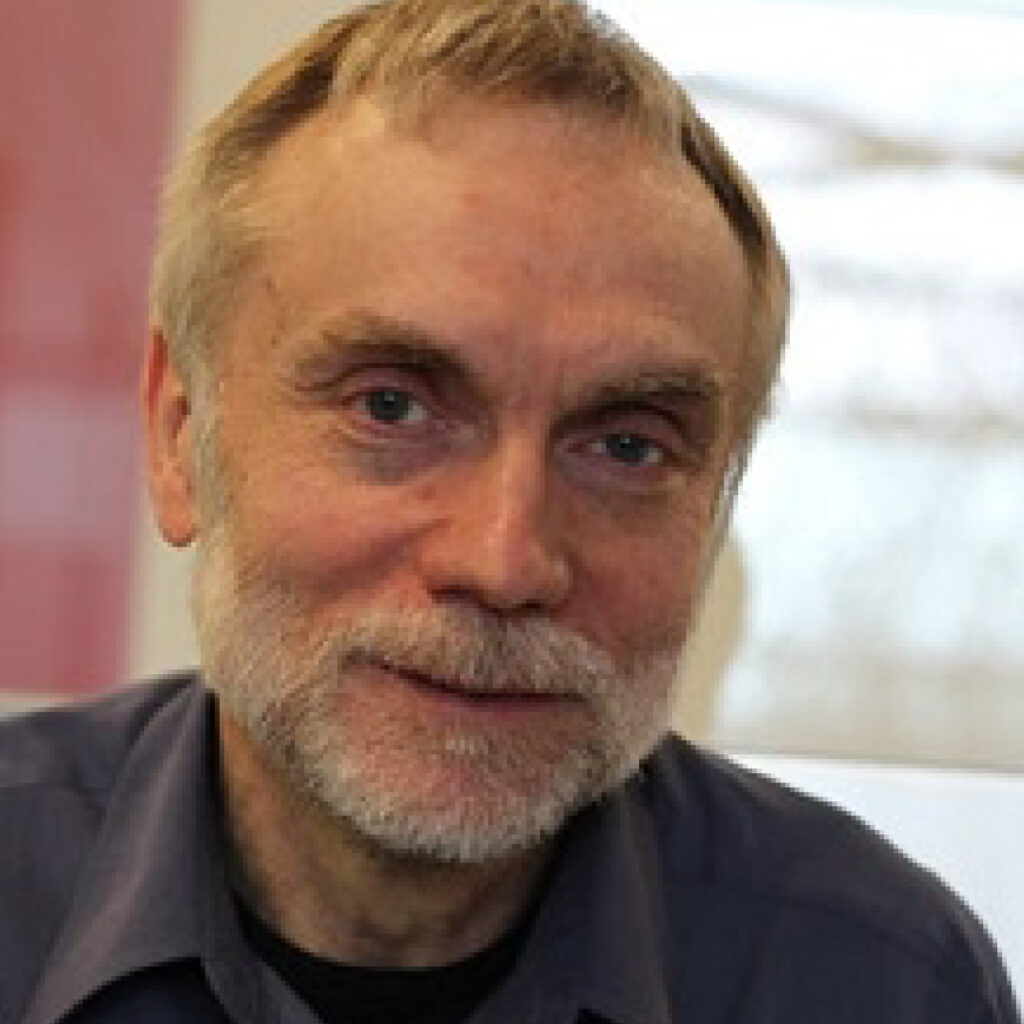
Janusz Rak, MD, PhD
Sr. Scientist, Centre for Translational Biology
Professor of Pediatrics
McGill University
MD, 1980
Medical Academy, Poland
PhD, 1986, Tumour Biology
Polish Academy of Sciences, Ludwik Hirszfeld Institute
Dr. Rak trained as a Fullbright Fellow at the Michigan Cancer Foundation in 1990 and continued his postdoctoral career at the Sunnybrook Research Institute in Toronto, followed by faculty appointments at McMaster and McGill Universities in Canada. At McGill, his lab investigates how oncogenic events deregulate tumour microenvironments, orchestrate intercellular communications, and trigger vascular alterations and systemic vascular paraneoplastic syndromes in cancer. These studies focus on processes mediated by the exchange of EVs carrying oncogenic cargo including their contributions to progression, therapeutic responses, and diagnostic approaches in cancer across the age spectrum.
Dr. Rak has published over 220 research papers (~33,000 citations, h-index 83) and currently directs the CFI-funded program – Centre for Applied Nanomedicine (CAN) at RIMUHC and the NET program sponsored by Fondation Charles Bruneau and CIBC to investigate EV-based biomarkers in pediatric cancer, as well as projects supported by Canadian Institutes of Health Research and other sources.
Research Interests: Vasculature and blood in aggressiveness and progression of human cancers
Check out these three publications from Dr. Rak’s research:
- Intercellular Transfer of the Oncogenic Receptor EGFRvIII by Microvesicles Derived From Tumour Cells
- Mapping Subpopulations of Cancer Cell-Derived Extracellular Vesicles and Particles by Nano-Flow Cytometry
- Angiocrine Extracellular Vesicles Impose Mesenchymal Reprogramming Upon Proneural Glioma Stem Cells

